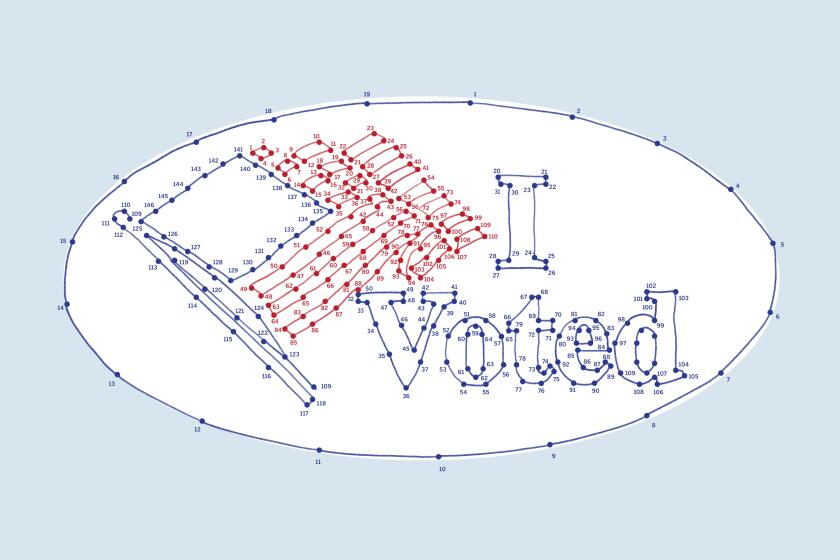Both sides have accused each other of misleading advertising.
One of the commercials at question is from the No on 33 campaign. In it, the speaker — identified as a renter and single mom — says that “33 repeals a hundred affordable housing laws, including the nation’s strongest rent control law” — a reference to the state rent cap law.
However, Prop. 33’s language does not repeal the state’s rent cap law or any affordable housing laws.
Instead, the measure only removes prohibitions that currently bar municipalities from expanding rent control to single-family houses, newer properties and vacant units and replaces those prohibitions with language that says, “the state may not limit the right of any city, county, or city and county to maintain, enact, or expand residential rent control.”
In a statement, the No on 33 campaign said “repeals” is an appropriate term. It argued that language that bars the state from limiting local rent control ordinances would allow local jurisdictions to override the state rent cap law and pass laws that provide less protection than the state cap currently gives, for example limiting rent increases to no more than 30% annually, instead of 10%.
Susie Shannon, a spokesperson for the Yes on 33 campaign, called that argument false and said the measure only allows local jurisdictions to establish rent control laws that are tougher — not weaker — than state rules and the campaign wrote its language explicitly to ensure that was the case.
In recent years, the state has also enacted numerous laws that encourage the development of market rate and income-restricted affordable housing, in part by limiting the ability of communities to block it.
Prop. 33 opponents said local jurisdictions that don’t like development would gain a new tool if the measure passes: They could enact rent control laws so restrictive that it doesn’t make economic sense to build new housing, including income-restricted units — thus effectively repealing state affordable housing laws.
“Whatever type of housing they don’t like they could create a law to stop it and call it rent control,” Nathan Click, a spokesperson for the No on 33 campaign, said.
Shannon said the fear that local municipalities would use Prop. 33 to stop development is unfounded, because they couldn’t pass any restriction they want since the state constitution guarantees landlords have the ability to earn a reasonable return. In the decades before Costa-Hawkins became law in the mid-1990s, when cities had the ability to put caps on vacant units and new construction, California also saw an apartment development boom.
Shannon accused the No on 33 campaign, funded by large real estate firms, of making up scenarios “designed to scare people.”
“Corporate landlords shouldn’t be saying what is in the best interest of renters when they have been the cause of our affordable housing crisis by raising rents to a level where people can no longer afford it,” Shannon said.
Another ad, this one from the Yes on 33 camp, uses video of Democratic presidential nominee Kamala Harris saying she will “take on corporate landlords and cap unfair rent increases.”
The ad says that “AHF and Kamala Harris are fighting back” and, with a photo of Harris as the background, it urges Californians to vote in favor of the rent control measure.
Harris, however, has not endorsed the measure.
According to Politico, the Yes on 33 campaign removed an original version of the ad after the publication inquired about it and then added the following disclaimer: “Use of Kamala Harris’ likeness and words does not imply endorsement.”
A spokesperson for the Harris campaign declined to say whether the vice president supports or opposes the measure, but said the campaign “did not authorize use of footage for this advertisement.”























